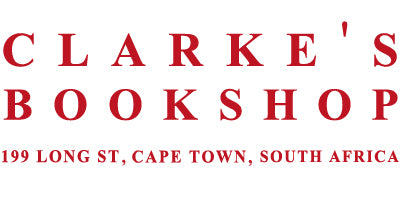FORCED REMOVAL, the division, segregation and control of the people of South Africa
viii + 177pp., illus., maps, paperback, corners bumped, International Defence and Aid Fund for Southern Africa, London, 1987
Elaine Unterhalter, born in Johannesburg in 1952, is an academic and former activist who played a significant role in the Anti-Apartheid Movement (AAM) and the African National Congress (ANC) while in exile.
Raised in a politically engaged family, her father supported democratic ideals and maintained connections with banned members of the South African Communist Party. Unterhalter’s activism began during her university years, where she became involved in student politics, participated in discussions with Steve Biko, and supported workers’ committees.
After working in rural 'Zululand' and witnessing the devastating impacts of apartheid and forced removals, she left South Africa in the 1970s and moved to London. There, she became active in the AAM, particularly within the Hackney Anti-Apartheid Group and the Women’s Committee, where she organised consumer boycotts, demonstrations, and international solidarity campaigns. Her work also involved producing newsletters and educational materials on apartheid.
Unterhalter’s efforts extended to supporting political prisoners, including the Sharpeville Six, and collaborating with the ANC Women’s Section. Throughout her career, she has continued to bridge activism and academia, focusing on education, gender equality, and international development.
Her reflections highlight the global impact of the AAM, the diversity of political activism in London, and the challenges of maintaining connections to South Africa’s liberation struggle while living in exile.
Adapted from a 2013 interview with Elaine Unterhalter.
The International Defence and Aid Fund for Southern Africa has the following objectives:
1. To aid, defend, and rehabilitate the victims of unjust legislation and oppressive and arbitrary procedures.
2. To support their families and dependents.
3. To keep the conscience of the world alive to the issues at stake.

